Voices of Culture and Resistance: Hip Hop, Maluku Style
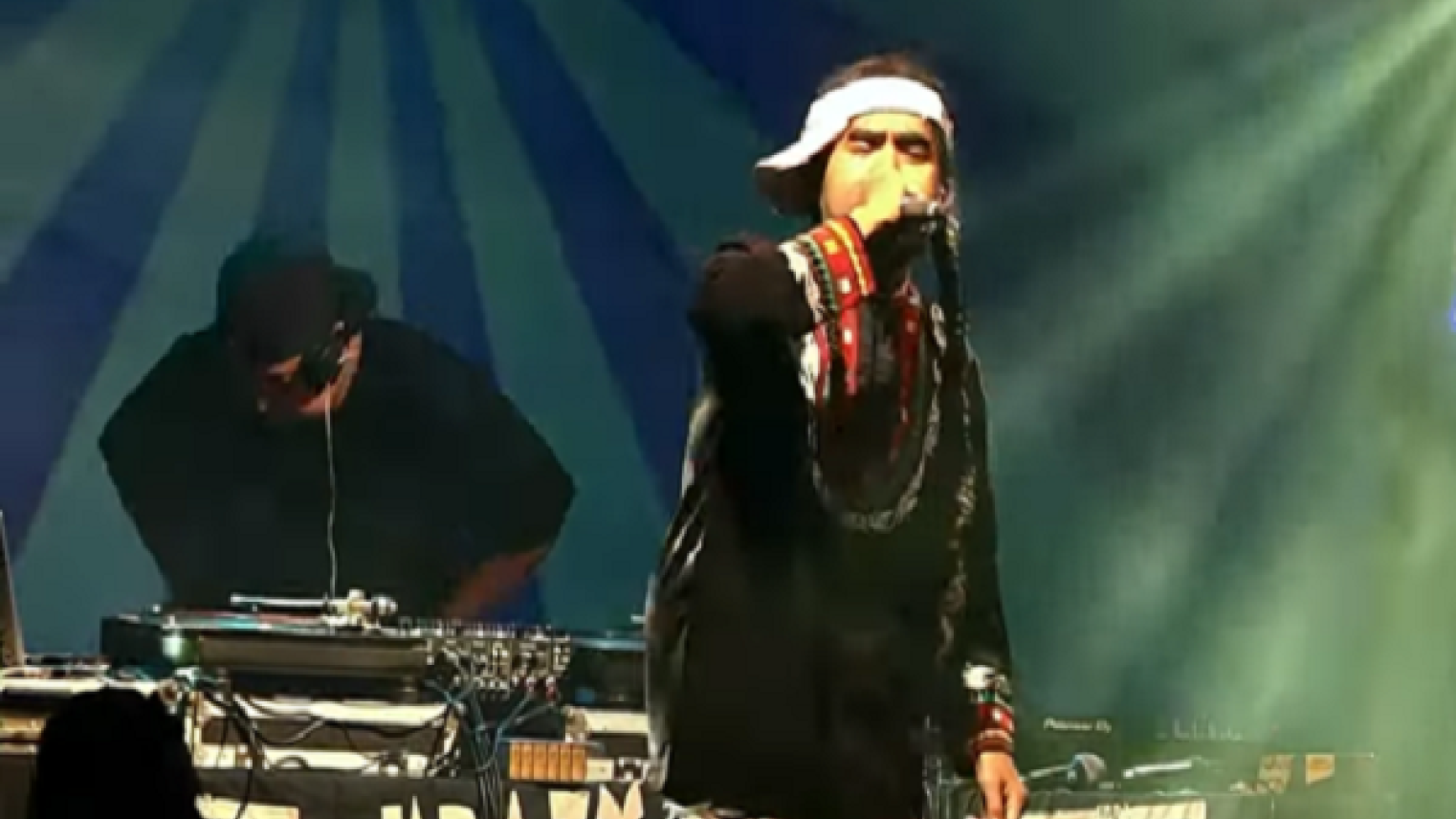
Funky beats, gravity-defying dance moves, lightning-speed lyrics—yes, Hip Hop is all this and more.
Hip Hop is not just a genre of music. It is a medium of expression, as well as a means through which people share their experiences. As such, Hip Hop is a culture, a way of life.
For Malukan artists Presiden Tidore (a.k.a. Bams Comoras) and Muhammed Gillang, who recently visited ANU and enthralled audiences with a unique concert on campus, Hip Hop is their spirituality. When the world talks about Hip Hop, it is often associated with the West, but it has made significant inroads in Eastern Indonesia since the 1990s.
In fact, in 2019, UNESCO named Ambon—the Malukan capital city—a "city of music". It is believed that Ambon alone is home to more than 500 musicians, close to 800 choirs, and more than 170 musical groups.
Now, artists such as Presiden and Gillang, who hail from North Maluku’s Tidore Island and Ternate Island, respectively, are inspiring an ever-growing population of followers in Indonesia.
Once Upon a Time in Maluku…
Historically known as the Spice Islands, the Maluku Islands once served as the epicentre of the spice trade, especially cloves and nutmeg. The region’s lucrative potential heralded the settlement of European powers here, thus marking a long history of colonisation and conquest.
However, from this legacy of foreign occupation—which ultimately led to the division of the islands into North Maluku and Maluku—Maluku’s heritage is underpinned by cultural resilience.
Despite the multiple waves of colonialism that washed its shores, the region’s Indigenous communities have remained strongly rooted, proudly preserving their traditions and culture.
And in contemporary times, it is with this grounding and vision that Presiden and Gillang also continue to surge forth with their art as a medium of free speech.
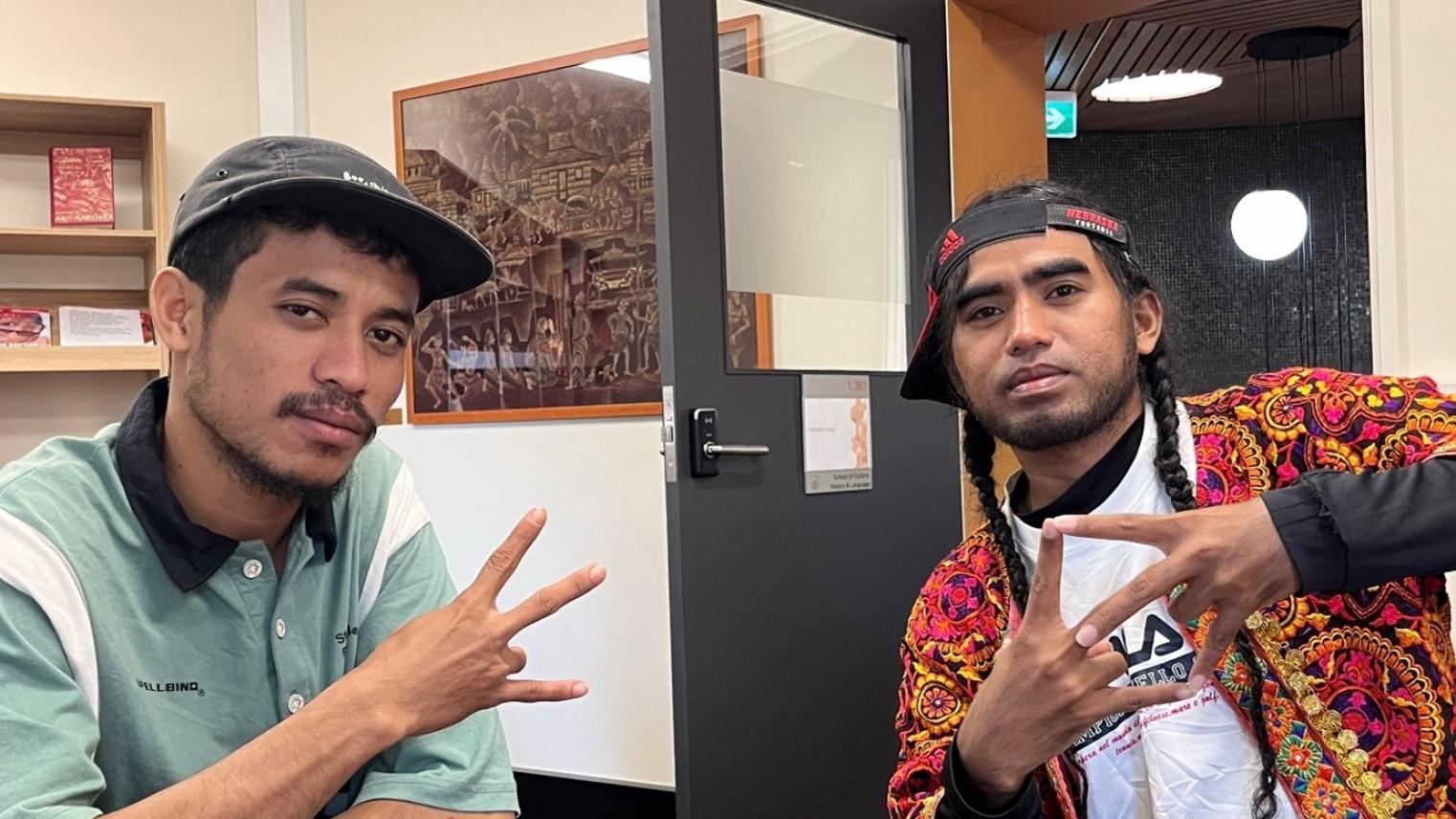
Malukan MCs in the House
The arts are very strongly evident in Malukan culture, as well as across Eastern Indonesia. Music and dance are strongly rooted in the history, culture and traditions of its people. Artists share the stories of their ancestors through music and dance forms, and in doing so, deploy these art forms as vehicles of expression, truth telling and carrying forward their family legacies.
Hip Hop itself is close to the traditional beats and culture of Eastern Indonesia. Using costume, language and earthy beats close to the soul of their land, both Presiden and Gillang are devoted to educating audiences about cultural identity, resistance to oppression and colonisation, and respect.
As I increasingly involved myself in Hip Hop, I realised that performing music for money had no meaning. It is not real music unless you use it as a source of knowledge. So, I choose to teach people about respect, society and culture through my work. I look at Hip Hop as a part of my religion—I did not choose Hip Hop; it chose me. – Presiden Tidore
For Presiden, Hip Hop is a vehicle of truth and a medium for speaking back to the power. He hopes to educate more people not just about identity and respect, but also about Malukan culture, custom and language. Many of the stories of Maluku’s history and culture are encoded in dance and music, rather than being shared through oral or written traditions. In this way, the people’s strengths and weaknesses are hidden from potential enemies.
I have been dancing since I was 4, and I started playing music when I was 8. For me and my family, dance and music are all about carrying forward the traditions and legacies of our ancestors, including our efforts in anti-colonial resistance. – Muhammed Gillang
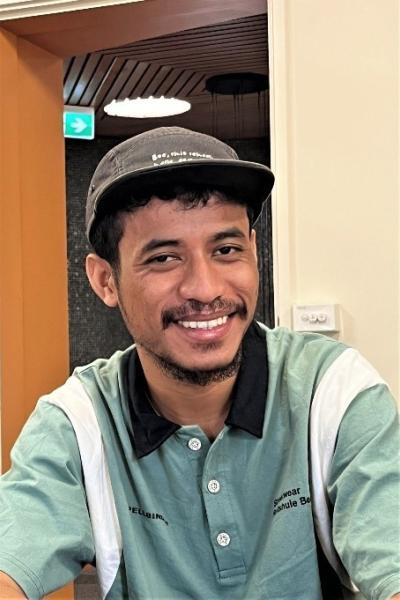
Muhammed Gillang
Hailing from Ternate Island, Muhammed Gillang began his soulful relationship with dance and music at an early age. As he comes from a family of dancers, expression through art has been his way of life since childhood. Educationally speaking, Gillang earned a degree in Forestry, so he often amusedly comments that his passion and his skillsets are unconnected. He also worked for four years as a professional barista.
Gillang has triumphed at several national dance contests so far in his lifetime, and he has also danced at the Prambanan Jazz Festival. He is well-versed in many traditional dance styles of his region, including soyasoya, cakalele or tidetide. He particularly likes to dance to a music genre known as yanger. And his favourite dance style? No surprises for guessing—breakdance!
While Gillang’s first love and forte is dance, he is also adept with instruments. He picked up the tifa, a traditional Indonesian drum, as well as the guitar, quite quickly. In fact, Gillang is entirely self-taught—he can learn any instrument, and with his curiosity to learn how it works, he learns how to play. Be it the gong, tifa or viol, Gillang is a musical magician. When asked which instrument is on his bucket list to learn? The harp!
As a high school student, Gillang had already heard about Presiden as Bams Conoras, so when the two met at a community centre for musicians called Music Corner, they hit it off instantly. Today, they are partners in their mission to Hip Hop their messages to the world.
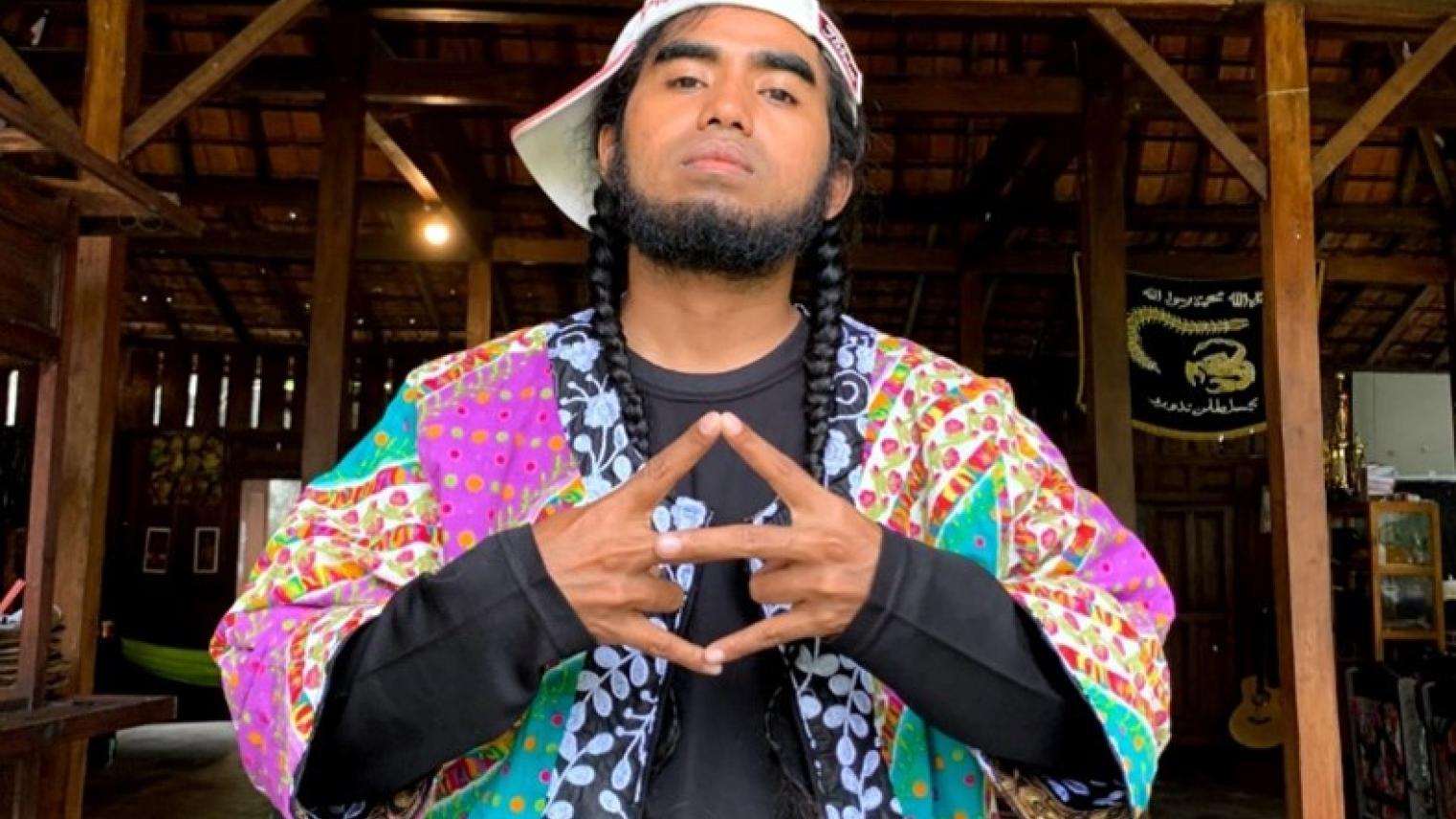
Presiden’s home is in his very name—Tidore Island, a port hub. As a child, Presiden was deeply connected to music, as it was a chief source of income for the family. His passion for music was initially sparked by the blues, rock and pop. However, in Tidore, these genres were not popular or lucrative.
Later, when Presiden went to Yogyakarta for higher studies, he became interested in Hip Hop. Gradually, the meaning and philosophy of the genre shaped him into the artist he is today.
Equally, Hip Hop for Presiden has been a process of self-improvement. His exposure to the style has helped him elevate his communication skills, as well as change his world view on exploring new things and skill building.
Presiden’s songs are based on research and experience, and his second album will address one his dreams—preserving and acknowledging the rich natural resources of Eastern Indonesia, which he believes are currently extracted with a disproportionate benefit for Java.
And when he is not beatboxing, B-boying, locking or popping, Presiden likes to study regional languages. He is also, in his own words, “the only rapper who can also weave textiles”! Blending traditional with contemporary music and cloth weaving is also integral to his cultural practice.
Elly Kent
It was while working on an article about Indonesian new collectives that Indonesia Studies academic Elly Kent met Presiden Tidore. And the rest, as they say, is history. Thanks to this collaboration, Australia is now privileged to experience North Maluku at its doorstep. As part of her work and her passion, Elly has partnered with Presiden and his crew, as well as a several local artisans and craftspeople, to showcase the culture of North Maluku and contemporary Indonesian art. Presiden and Gillang not only performed at the ANU School of Culture, History & Language; they also played for young crowds at Melrose High School in Canberra recently.
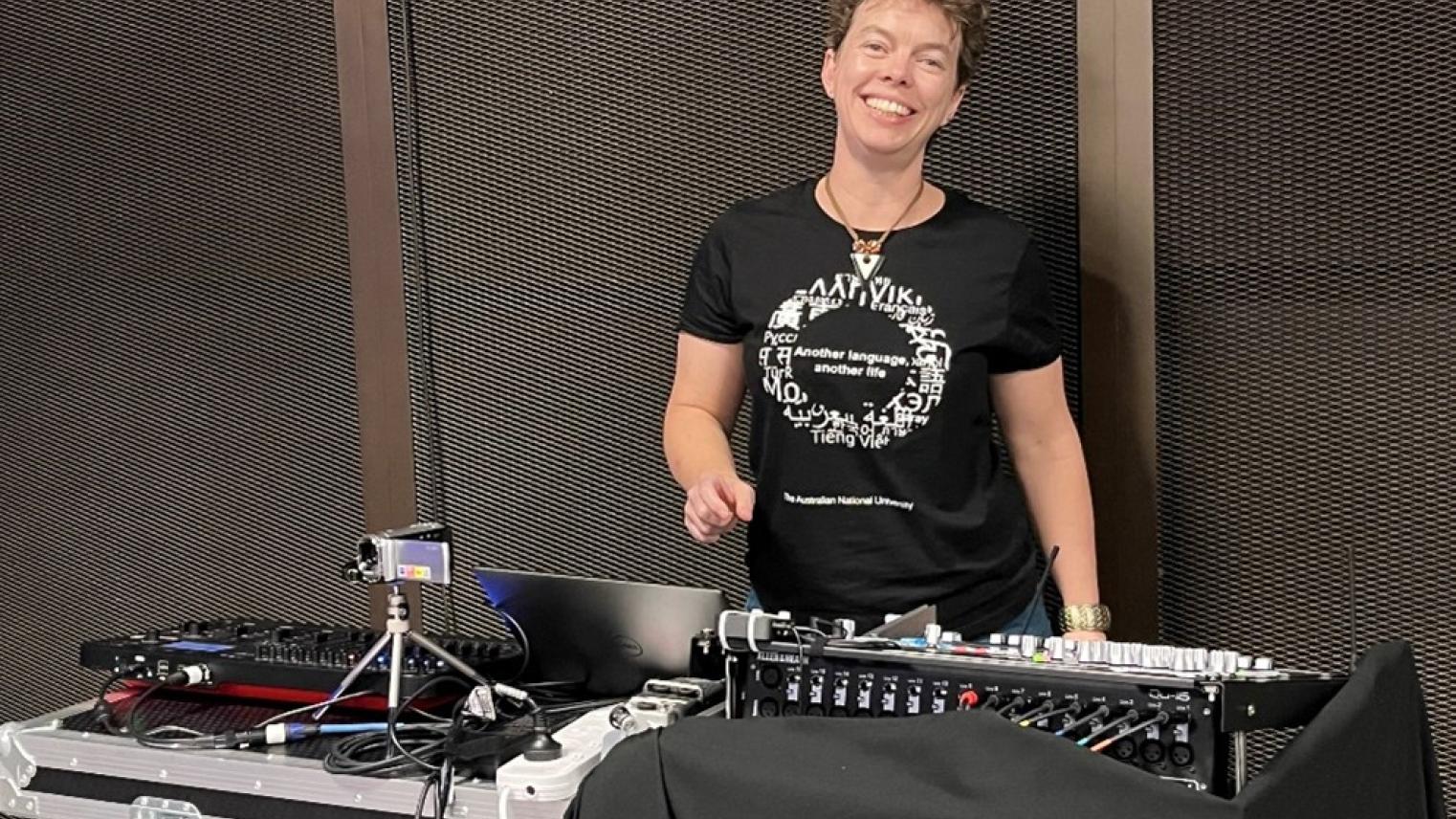
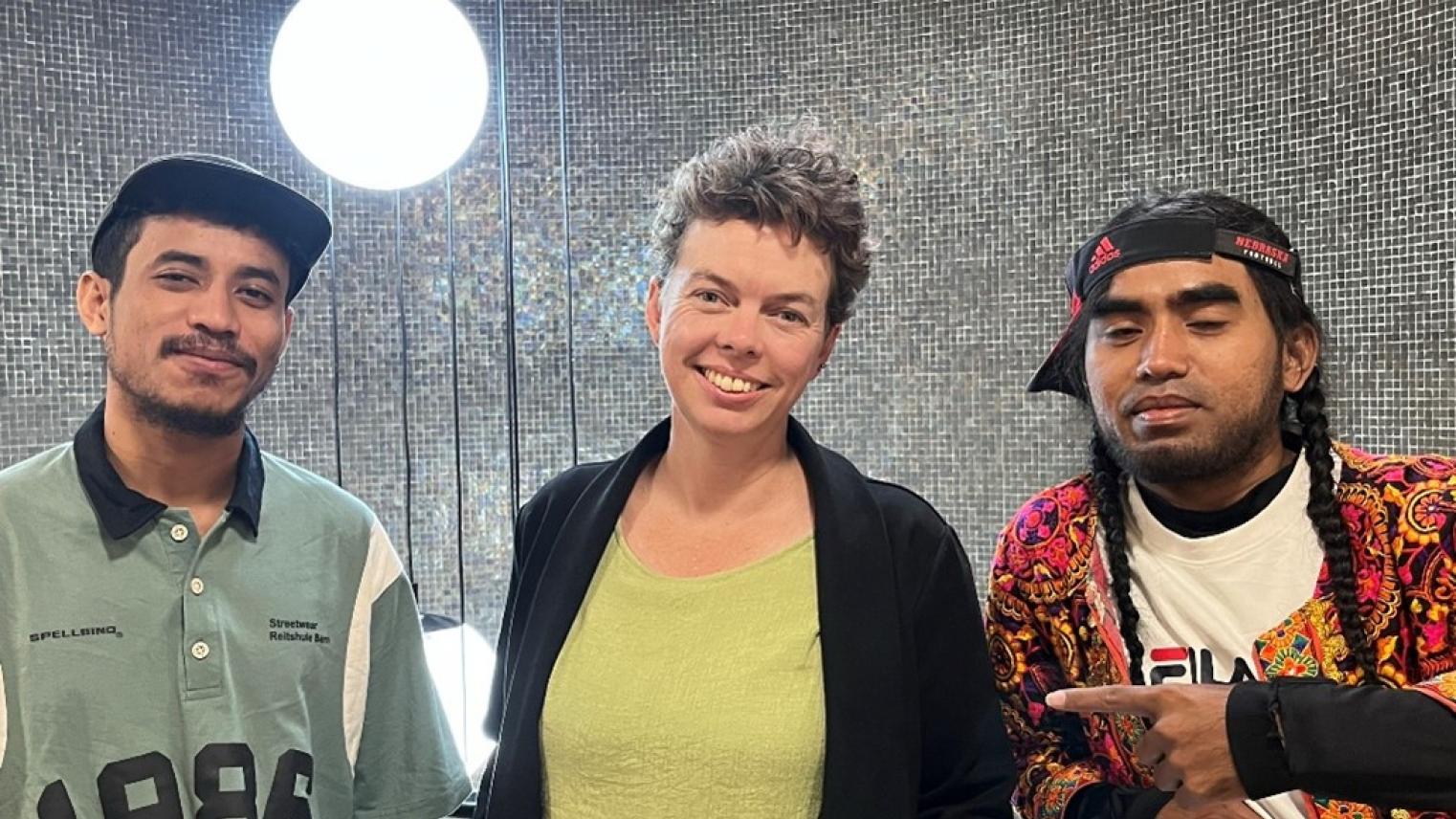
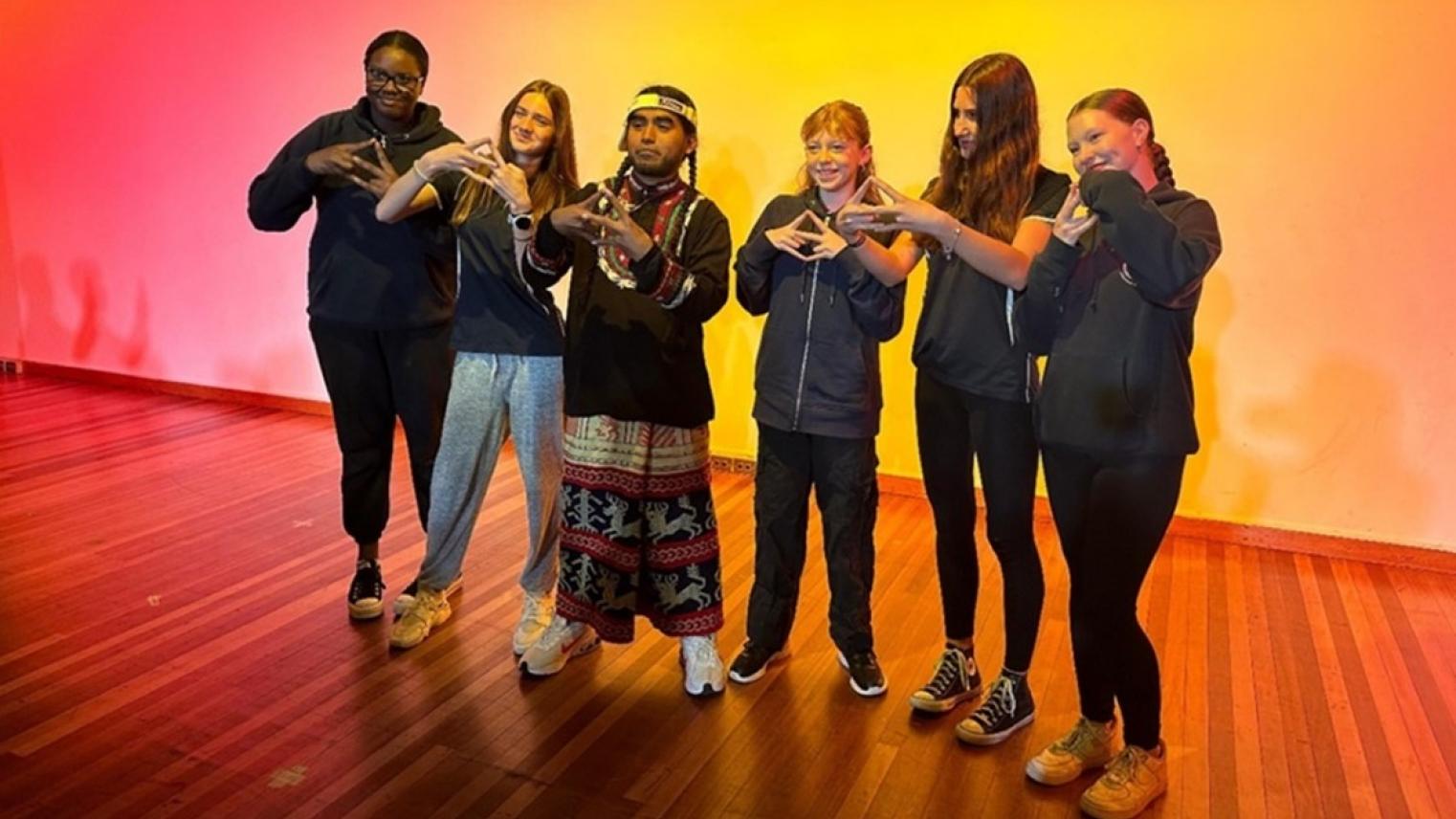
On Tradition, on till 29 June 2024 in Sydney, is an exhibition presenting artists whose contemporary practices draw on traditional stories, materials, methods and mediums for critical inspiration, and as sites for addressing the fundamental social and ecological issues of our time.
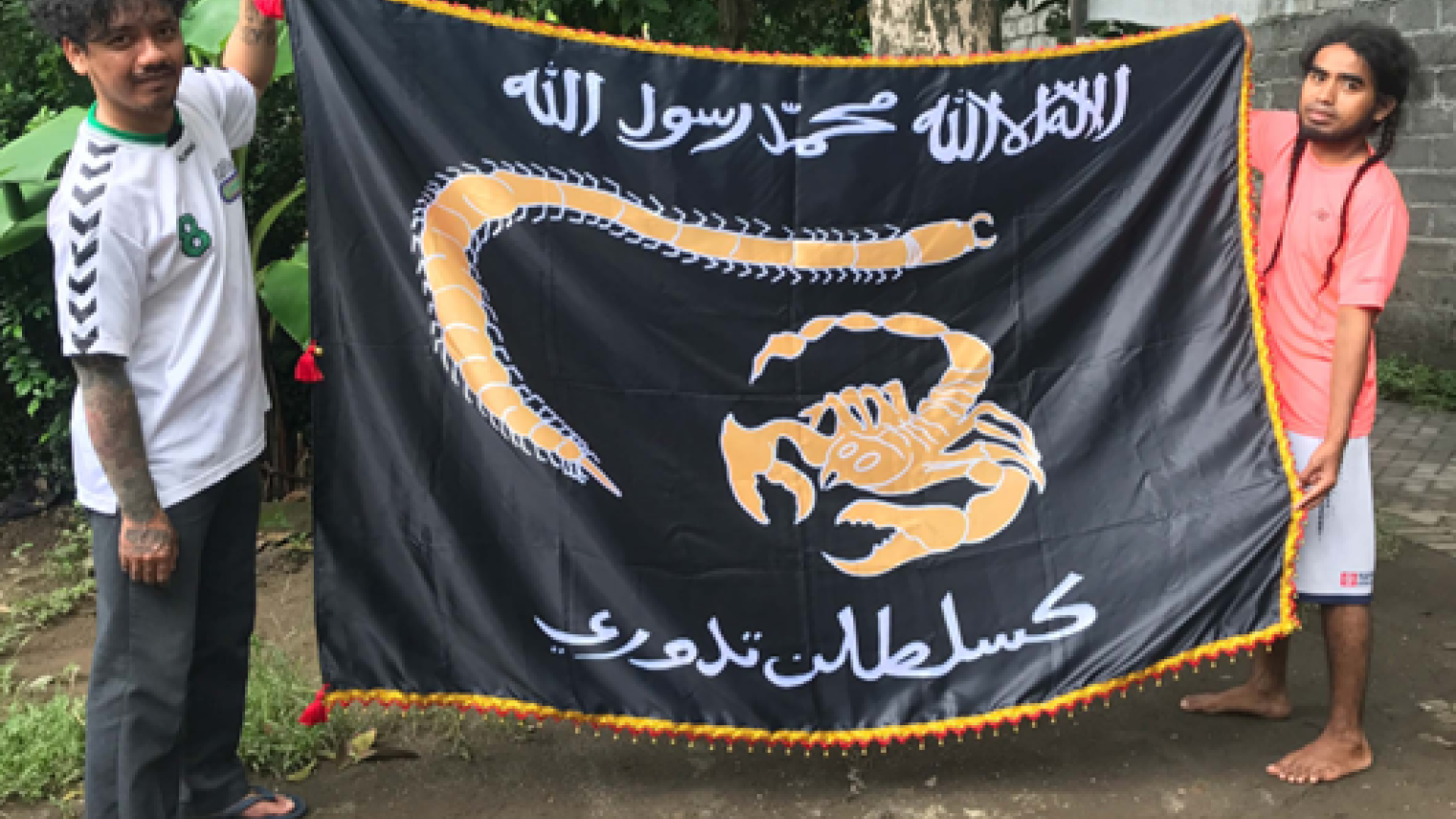
The ultimate dream? The two are making a B-line for the big stage. Their goal is to bring their messages on the global platform and spread knowledge, empower people to defend themselves, and contribute towards the eventual goal of equality between Eastern Indonesia and Java.
So, when the stage is set, the spotlight shines down, and the beatboxing begins, it is time to share the collective voice and vibe of a culture, a way of life, and a thriving, self-resilient community.
And…that’s a rap.